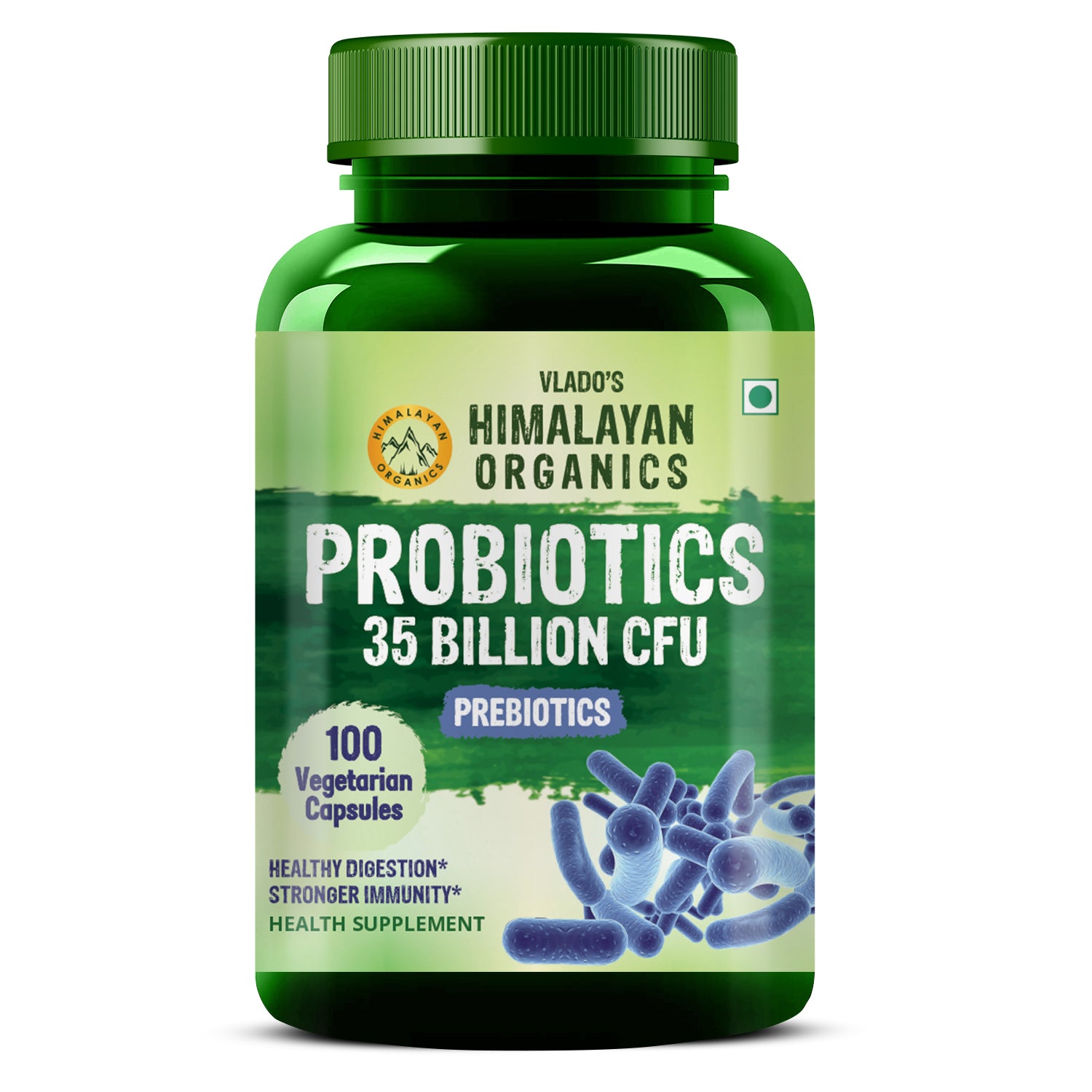Discover the Key to Digestion and Immunity With Gut Health Assistance

Understanding Digestive Tract Health
Comprehending intestine health and wellness is crucial for general health, as it plays a significant duty in digestion, immunity, and also mental health and wellness. The intestine, comprising the stomach tract, is accountable for damaging down food, absorbing nutrients, and expelling waste. A balanced intestine atmosphere makes sure efficient food digestion, enabling the body to make use of nutrients effectively.
Additionally, intestine wellness considerably affects the body immune system. The intestine houses a substantial part of the body's immune cells, and a healthy and balanced intestine can aid repel pathogens and decrease inflammation. Interruptions in digestive tract wellness can bring about an over active immune response, potentially contributing to autoimmune disorders and allergies.
Furthermore, the digestive tract is commonly described as the "2nd mind" as a result of the gut-brain axis, an intricate interaction network connecting the mind and the digestive tract. This link affects state of mind, cognition, and psychological health. Concerns such as dysbiosis, identified by an imbalance in gut bacteria, have been connected with mental health conditions, including anxiety and depression.
The Gut Microbiome Explained
The intestine microbiome, a varied area of microorganisms living in the gastrointestinal tract, plays an essential role in maintaining digestive system wellness and general well-being. Comprising trillions of microorganisms, viruses, fungi, and various other microorganisms, this complex ecosystem help in the digestion of food, the synthesis of essential nutrients, and the law of metabolic procedures.
Each individual's intestine microbiome is special, influenced by factors such as diet regimen, lifestyle, genes, and environmental direct exposures. A balanced microbiome sustains ideal digestion by damaging down complex carbs, creating short-chain fats, and assisting in the absorption of nutrients. Conversely, an inequality, typically described as dysbiosis, can cause digestive conditions, consisting of cranky digestive tract disorder (IBS) and inflammatory digestive tract illness (IBD)
Study has actually demonstrated that a varied microbiome is related to far better health results, emphasizing the significance of dietary options in nurturing these microbes. Foods rich in fiber, probiotics, and prebiotics, such as fruits, vegetables, and fermented items, can promote a healthy microbiome. Comprehending the gut microbiome is crucial for creating targeted treatments focused on improving digestion health and preventing intestinal illness.

Connection In Between Digestion and Resistance
A robust connection exists in between digestion and resistance, highlighting the essential duty of the gut in keeping overall health and wellness. The gastrointestinal tract is home to trillions of microbes that form the digestive tract microbiome, which significantly influences both immune responses and digestion procedures. This complex environment help in breaking down food, absorbing nutrients, and supplying essential metabolites that support immune feature.
When food digestion is efficient, the digestive tract obstacle continues to official site be undamaged, stopping dangerous microorganisms from entering the bloodstream. About 70% of the immune system stays in the gut-associated lymphoid cells (GALT), which communicates closely with the intestine microbiome.
Tips for Sustaining Digestive Tract Health
Sustaining digestive tract health is crucial for maintaining both digestive system effectiveness and a well-functioning immune system. To cultivate optimal intestine health, take into consideration incorporating numerous useful approaches into your day-to-day routine.
First, focus on hydration. Drinking appropriate water sustains digestion and aids maintain the mucosal cellular lining of the intestinal tracts. Furthermore, normal exercise can improve intestine motility and advertise a varied microbiome.
Mindful eating methods are additionally vital. Eating food thoroughly and eating gradually can aid food digestion and prevent overindulging, which might emphasize the gut. Handling anxiety with strategies such as reflection, yoga exercise, or deep-breathing workouts can positively influence gut health, as tension is understood to interrupt digestive system procedures.
Including prebiotics and probiotics right into your routine is another effective approach. While specific foods will be discussed later, understanding the importance of these components is essential. Prebiotics serve as food for useful digestive tract germs, while probiotics introduce live advantageous organisms.
Lastly, stay clear of too much usage of prescription antibiotics, as they can interrupt the balance of gut flora. By following these suggestions, you can considerably add to the maintenance of a healthy intestine, which is essential for total health and wellness and vitality.
Foods That Promote Gut Health

Fermented foods, such as yogurt, kimchi, kefir, and sauerkraut, are rich in probiotics, which are useful bacteria that support intestine vegetations and enhance digestion. These foods can help restore equilibrium in the digestive tract, especially after antibiotic use or digestive disruptions.
Along with fermented choices, prebiotic foods, such as garlic, onions, asparagus, and bananas, serve as nourishment for these probiotics, advertising their growth and activity. These soluble fibers sustain digestive tract motility and can relieve concerns like irregular bowel movements.
Furthermore, incorporating high-fiber foods, consisting of whole grains, beans, fruits, and veggies, is important for keeping a healthy gut. Fiber help in regular digestive tract movements and aids avoid digestive system conditions.
Lastly, omega-3 fats found in fatty fish, flaxseeds, and walnuts have anti-inflammatory buildings that can additionally check my site sustain digestive tract wellness. Highlighting these foods in your diet regimen can result in a durable digestive system and improved immune feature.
Final Thought
In conclusion, prioritizing digestive tract health and wellness is necessary for maximizing digestion and enhancing immunity. A balanced gut microbiome, influenced by nutritional options and lifestyle factors, plays an important duty in nutrient absorption and swelling decrease.
Comprehending intestine health and wellness is crucial for total health, as it plays a considerable role in food digestion, resistance, and even mental wellness. The gut houses a significant part of the body's immune cells, and a healthy gut can aid fend off virus and decrease inflammation.Furthermore, the digestive tract is typically referred to as the "second brain" due to the gut-brain axis, an intricate interaction network connecting the mind and the digestive tract.A robust connection exists in between food digestion and immunity, highlighting the essential role of the intestine in preserving overall wellness.In verdict, prioritizing gut wellness is crucial for maximizing digestion and read the article enhancing resistance.